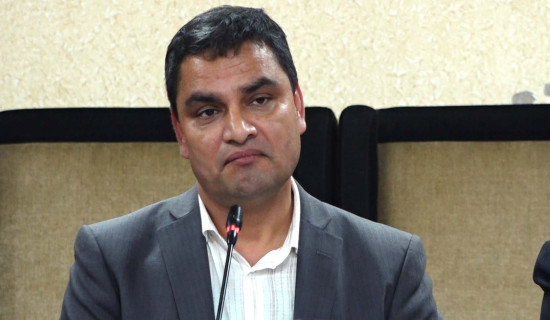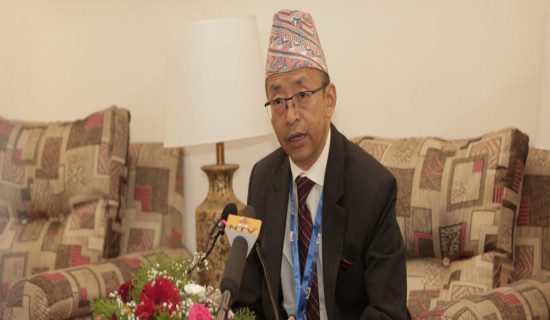- Saturday, 5 July 2025
DOGE preps to shutter Millennium Challenge Corporation
By Rebecca Beitsch, The Hill, Apr.24: The agency appears to be another casualty of DOGE as it works its way through a number of agencies with ties to foreign assistance.
While the collapse of the U.S. Agency for International Development (USAID) was its biggest undertaking so far, DOGE has also worked to topple smaller agencies with ties to foreign assistance, such as the U.S. Institute of Peace, the Inter-American Foundation, and the U.S. African Development Foundation — many of which have sued.
But MCC staff were hopeful the agency might be spared. Started under Bush in 2004, the MCC is largely an investment agency dedicated to spurring economic growth abroad.
Its funding is tied to countries making key policy commitments, and unlike some development agencies, it was authorized to offer funds beyond low-income and lower-middle-income countries. The MCC has worked in more than 50 countries since its founding, with its most recent budget showing $900 million in spending.
The MCC also positioned itself as a counter to Chinese spending abroad, likewise backing infrastructure projects.
“If President Trump and Secretary Rubio are really serious about countering China’s Belt and Road Initiative as one of their top foreign policy goals, shuttering MCC and its infrastructure work around the world makes absolutely zero sense,” one expert on U.S. foreign assistance policy familiar with the MCC told The Hill.
The notes indicated some countries with active construction projects may get a three or four month winding-down period for projects.
Devex on Wednesday first reported an email to staff alerting them of plans for widespread cuts at the agency with a little more than 300 staff members.
“While the Foreign Assistance Review has not yet concluded, we understand from the DOGE team there will soon be a significant reduction in the number of MCC’s programs and relatedly the agency’s staff,” the email read, according to the outlet.
MCC did not immediately respond to request for comment.
In September 2017, the U.S. Government’s Millennium Challenge Corporation (MCC) signed a $500 million compact with the Government of Nepal. The compact aims to maintain road quality, increase the availability and reliability of electricity, and facilitate cross-border electricity trade between Nepal and India—helping to spur investments, accelerate economic growth, and reduce poverty.

.jpg)












